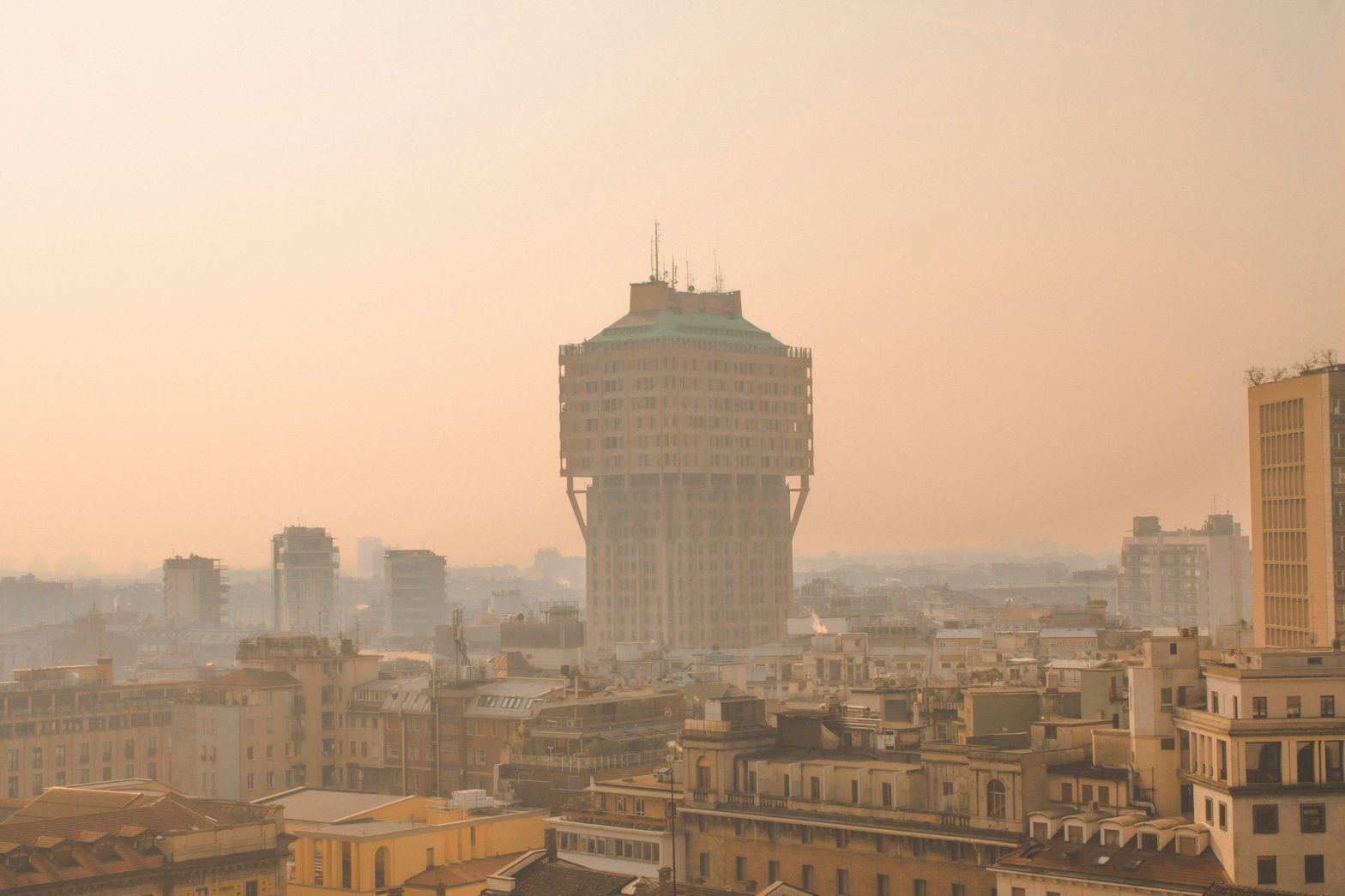
The future is metropolitan, says Barcelona Mayor Ada Colau
29 January 2021
by Cities Today editorial
As part of a series of interviews with mayors of leading global cities and regions, The World Association of the Major Metropolises (Metropolis) spoke with Barcelona Mayor and Co-President of Metropolis, Ada Colau, to find out how COVID-19 is affecting her city and its residents.
These interviews are published in partnership with Cities Today.
On March 15 in Barcelona, the mercury climbed to a cool but pleasant 17ºC. Hardly swimming weather, but for some residents enduring the first weekend of a nationwide lockdown due to the surging COVID-19 pandemic, the beach beckoned nonetheless.
To encourage residents to stay home, Barcelona Mayor Ada Colau closed the city’s popular urban beaches. And to prevent people from simply going to the next town along the coast, she coordinated with the mayors of other coastal municipalities that are members of the Área Metropolitana de Barcelona (AMB) regional governing body. All agreed they must close their beaches in unison.
“In the first wave, it was left to the municipal governments to decide what to do with the beaches and all of them agreed that if one municipality closed its beach, that would disperse the public dangerously to a neighbouring municipality,” said Colau, who also serves as AMB’s President. “We had to coordinate the public health measures.”
Colau was elected as Barcelona’s first female mayor in 2015 and re-elected in 2019. Prior to her political career, Colau was the spokeswoman for the Plataforma de Afectados por la Hipoteca (Platform for People Affected by Mortgages, or PAH), a grassroots organisation that fought against evictions in the wake of the 2008 financial crisis, which had a devastating impact on the Spanish property market.
Coordinating efforts
The mayor of Barcelona has customarily served as the president of AMB, although the position is not granted automatically and must be approved by a vote of the metropolitan council. Colau has twice been elected president of AMB, a role she has used to promote metropolitan solutions to pollution and climate change, and more recently leveraged as part of greater Barcelona’s response to the COVID-19 pandemic. AMB has been at the forefront of metropolitan alignment by coordinating the tightening and loosening of public health measures such as business capacity limits, travel restrictions, and nightly curfews.
The ability for greater Barcelona to think and act as one is a relatively recent phenomenon. For nearly 25 years, the Barcelona metropolitan government had a quiet presence. Travelling around the 36 municipalities that make up greater Barcelona, one would spot AMB’s red-and-white triangle logo on wastewater treatment and solid waste facilities sprinkled throughout – and not much else.
All that changed in 2010, when the Catalan parliament passed a landmark law vastly expanding AMB’s role in the daily lives of the 3.2 million people who make up Spain’s second-largest metropolitan area, centered on the industrial city of Barcelona that has become one of Europe’s leading tourism, cultural, telecommunications, and sports capitals. Today, AMB runs a vast public transport network, manages Barcelona’s ring roads, tends to parks and beaches, operates a housing brokerage, and promotes Barcelona’s brand internationally to attract investment.
That prescient decision paid dividends during the crisis year of 2020. “We have always believed that administrative boundaries have nothing to do with the real city, which is metropolitan,” said Colau. “With the arrival of the COVID-19 pandemic, that reality has become all the more evident.”
While AMB is one of the world’s more advanced metropolitan governments, this coordinating body still struggles with imbalances in how revenues collected at the national level, like taxes, are redistributed. Local governments control only 11 percent of public funds, with the national and autonomous governments, such as Catalonia, overseeing nearly 90 percent of such resources.
“This means that municipalities must contend with scarce resources to tackle their responsibilities, which impacts our metropolitan government instruments,” Colau said. “This limitation has been very evident in a moment like this one.”
For example, the City of Barcelona stood up over 1,000 emergency shelter beds during the pandemic for people experiencing homelessness, which drew vulnerable residents from across the metropolitan area. However, neither neighbouring municipalities nor higher levels of government pitched in to assist in this effort.
“We developed this policy alone and it had a magnet effect at the centre of the metropolis, but without a metropolitan or national mechanism to distribute the effort and resources,” Colau said. “We have a long way to go in advancing in every aspect of social and housing policy from a metropolitan perspective.”
Neighbourhood Plan
However, the City of Barcelona is trying to change that dynamic with its €150 million (US$181 million) Neighbourhood Plan that prioritises social investments in districts with higher proportions of people in vulnerable situations. The second stage of the four-year planning cycle begins in 2021 with the goal of improving education, health, housing, employment, and public space indicators in lagging neighbourhoods. Already, the plan’s equity approach led to the development of free summer outdoor activities for youth, distribution of local organic food baskets, and installation of stronger wi-fi at municipal facilities in neighbourhoods hit hardest socio-economically by COVID-19. Colau believes the Neighbourhood Plan’s model of investing public resources where they are most needed could also be deployed to reduce inequalities across a broader geography.
“We are working to extend this idea to the metropolitan level by pushing for a metropolitan Neighbourhood Plan,” Colau said.
With a long history of participation in Metropolis, AMB has found tremendous benefits from a network with connections around the world. “Exchange of experiences is fundamental in order to prove which public policies work in other large cities and can be applied to your city,” Colau said. “This is not a rhetorical question, it’s a practical question and it makes me proud when I know that Barcelona’s experience helps other cities and I’m very grateful when other cities bring something of theirs that we can apply.”
As Metropolis embarks on its Strategic Action Plan 2021-2023, the network will continue to work hand in hand with metropolitan governments like AMB in order to improve the management of large metropolises for a healthier post-pandemic future.
Colau, in turn, is confident that as 2021 gets underway, the future is more metropolitan than ever. “The majority of challenges, pre-COVID and post-COVID, require coordinated responses and collaborative metropolitan strategies,” she said.








